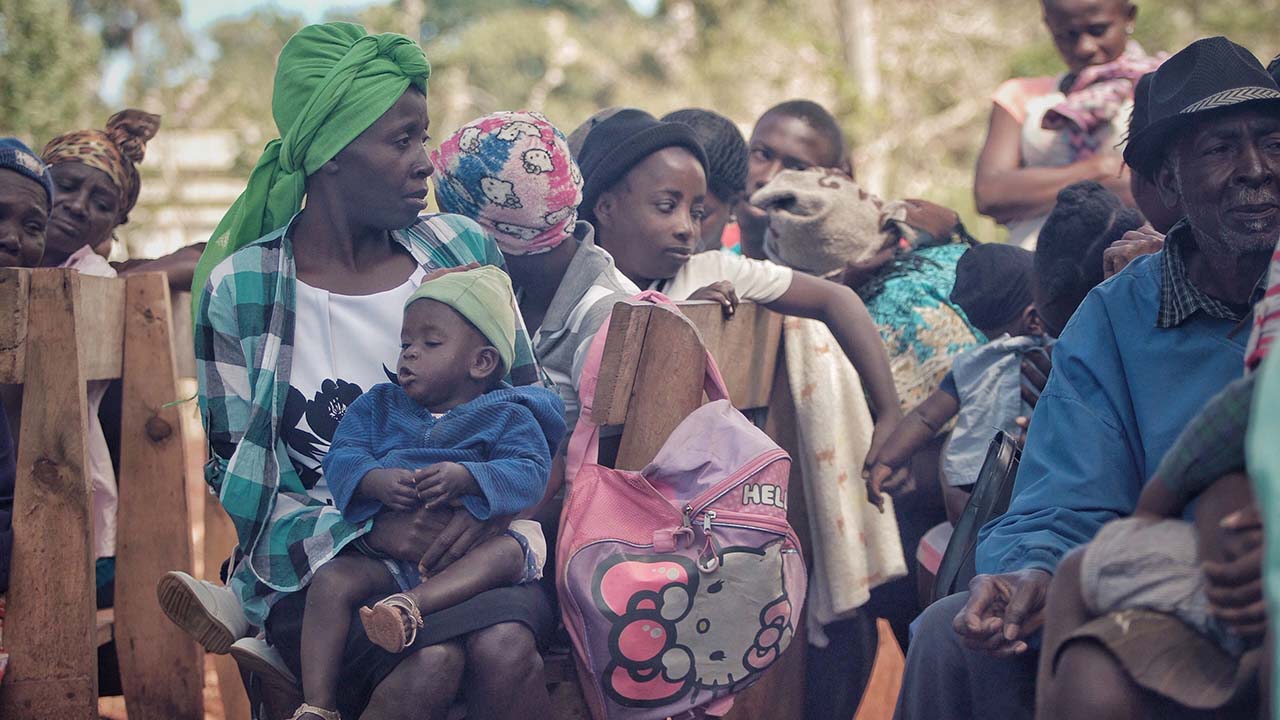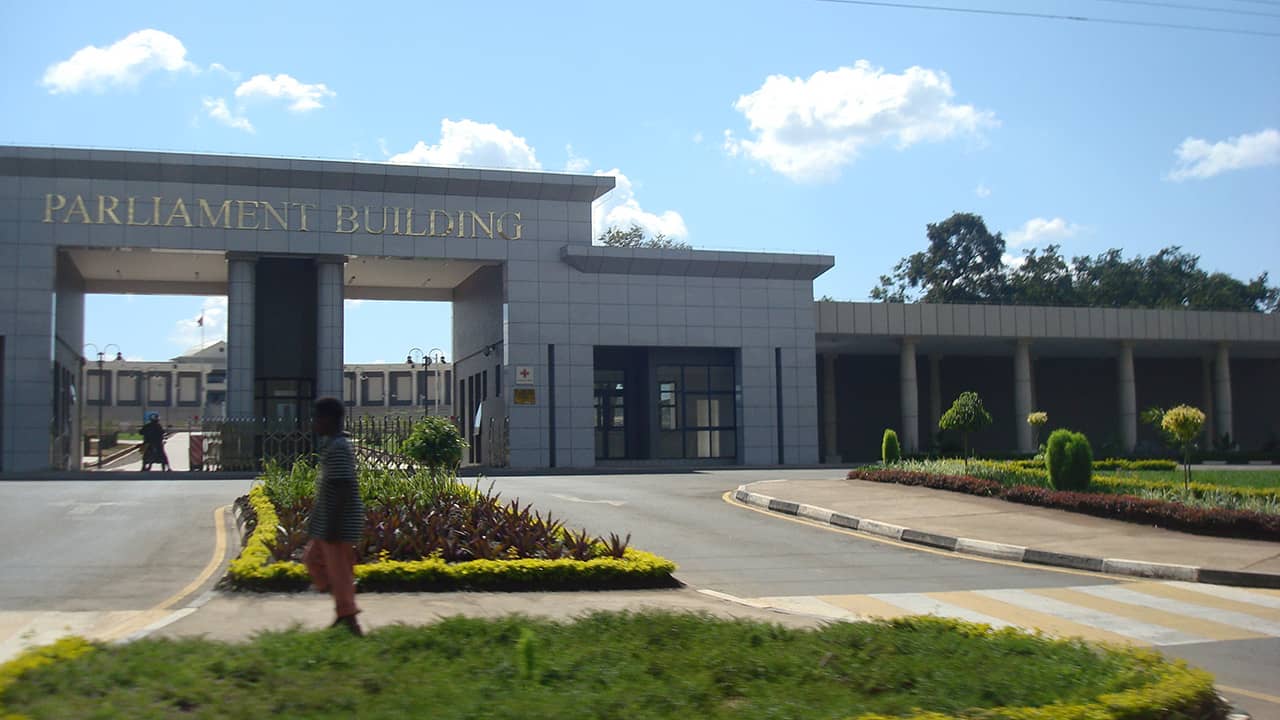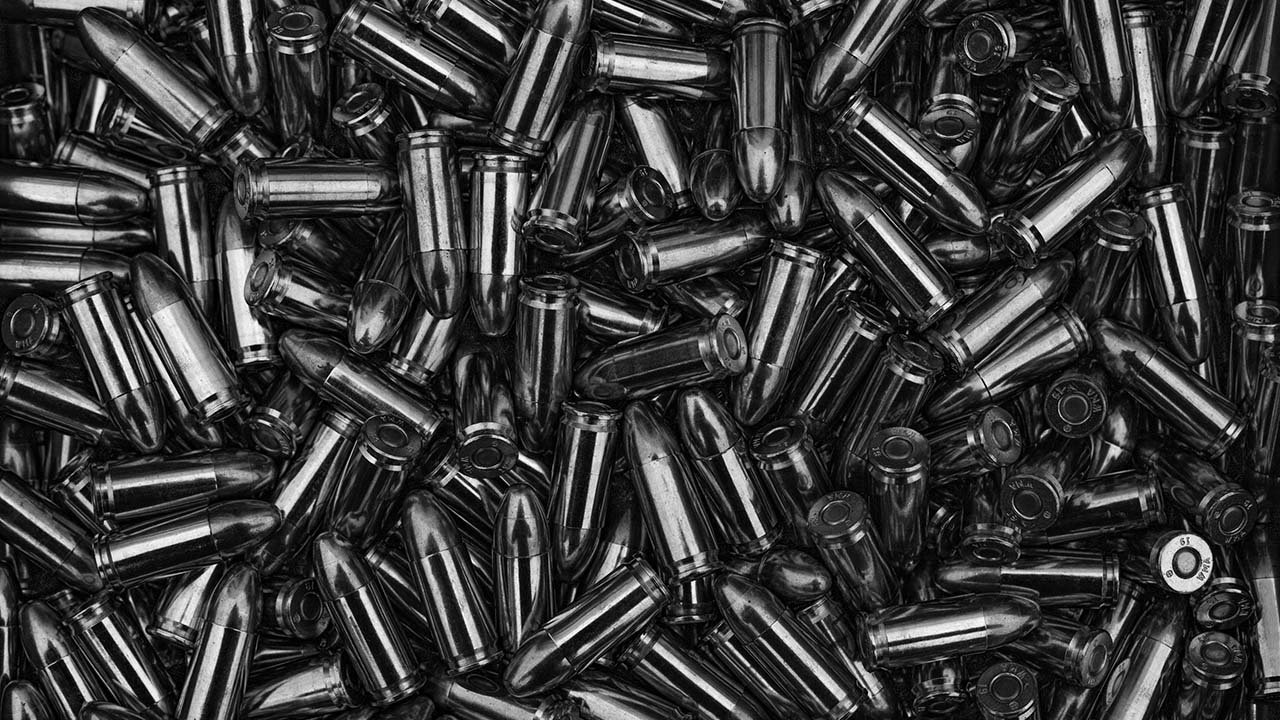
Port-au-Prince/Kingston/Stockholm-New York/The Hague
Against a background of fuel shortages, food scarcity, and the resurgence of cholera, the continued prevailing situation of grave unrest, violence, and profound personal suffering in Haiti is preoccupying the international community. The root causes of the current chaos in the country are many; complete impunity for serious human rights violations, including sexual and gender-based violence as a tool of internal conflict, have emboldened abusive political actors and gang members alike.
Since the fall of the Duvalier dictatorship, national stakeholders have not been able to build a democratic system with strong institutions. Failed governance, the struggle for power and the persistent inability to achieve a credible and legitimate political consensus have led the country to the brink of being a failed State. Successive government have betrayed the Haitian people. Some commentators argue that the International Community as well.
On 8 August 2022, the Secretary General of the Organization of American States (OAS) reminded in a statement that: “The last 20 years of the international community's presence in Haiti has amounted to one of the worst and clearest failures implemented and executed within the framework of any international cooperation.”
PGA Board Member from Jamaica, Dr. Angela Brown Burke, MP expressed that: Civilians in Haiti are confronted daily with gang related gun violence, which exacerbates the socio-political instability and poverty, prevents children from going to school, and makes it almost impossible for individuals to work and survive. The reports concluding that small arms, light weapons as well as assault weapons being smuggled in Haiti in provenance from the United States are worrisome. Such proliferation of arms is fueling insecurity domestically and in the region. CARICOM should do its part to support the government of Haiti and further peace and security in the region, in cooperation with international partners.
Civilians in Haiti are confronted daily with gang related gun violence, which exacerbates the socio-political instability and poverty, prevents children from going to school, and makes it almost impossible for individuals to work and survive. The reports concluding that small arms, light weapons as well as assault weapons being smuggled in Haiti in provenance from the United States are worrisome. Such proliferation of arms is fueling insecurity domestically and in the region. CARICOM should do its part to support the government of Haiti and further peace and security in the region, in cooperation with international partners.Dr. Anglela Brown-Burke,MP
Jamaica
The assassination of President Moise in July 2021, widespread violence and inability of the police to curtail the influx of weapons and contain gangs – even in the capital, prompted the Haitian Government to request, in October 2022, the deployment of a specialized military force to be authorized by the United Nations Security Council. The Security Council has outlined its position through various resolutions, including:
- Resolution
2645 (2022) recognized the important role of
regional organizations such as the Caribbean Community (CARICOM), extended the
mandate of the UN Integrated Office in Haiti (BINUH) to July 2023, and called
upon Member States to prohibit the transfer of small arms, light weapons and
ammunition to non-State actors fueling gang violence.
- Resolution
2653 (2022), imposing Magnitsky-type sanctions,
i.e. travel ban, asset freeze, targeted arms embargo against an individual.
PGA Board Member and Deputy Convener of the International Peace and Security Program Ms. Ann-Sophie Alm, MP (Sweden) said:
 The world cannot turn away from Haiti. The people are suffering and we must not turn a blind eye. Sweden stands on the side of human rights and protecting the most vulnerable. In Haiti, BINUH’s mandate has been renewed for another year, and I hope that with Deputy Special Representative of the Secretary-General, Resident and Humanitarian Coordinator Ingeborg Ulrika Ulfsdotter Richardson, we can see how to further support the mandate.
The world cannot turn away from Haiti. The people are suffering and we must not turn a blind eye. Sweden stands on the side of human rights and protecting the most vulnerable. In Haiti, BINUH’s mandate has been renewed for another year, and I hope that with Deputy Special Representative of the Secretary-General, Resident and Humanitarian Coordinator Ingeborg Ulrika Ulfsdotter Richardson, we can see how to further support the mandate.Ms. Ann-Sofie Ahm,MP
Sweden
U.S. Department of the Treasury’s Office of Foreign Assets Control (OFAC) has designated several Haitian individuals, pursuant to Executive Order 14059 of December 2021, “Imposing Sanctions on Foreign Persons Involved in the Global Illicit Drug Trade.”
Among the individuals who have been sanctioned, in cooperation with the Government of Canada, there are Mr. Joseph Lambert and Mr. Youri Latortue, respectively current president of the Senate and former president of the Senate. The Government of Canada has also sanctioned two former Haitian justice ministers over allegations of corruption and involvement with criminal organisations, and members of the economic elite, accused of facilitating illegal activities of armed criminal gangs, including through money laundering and other illegal acts.
The International Community is facing many challenges around the world. Despite this fact, the protracted situation in Haiti is threatening peace and security in the region, exacerbated by the flow of illegal weapons.It is paramount that no relevant stakeholders overlook the increasingly desperate situation. Additionally, States should seriously consider the recent request by the Government of Haiti for the deployment of an international specialized armed force. It would only be effective if undertaken within the framework of an authorization to use force under Chapter VII of the UN Charter to restore security, address the humanitarian crisis - as recently referenced by Deputy U.N. Secretary General, Ms. Amina Mohammed – and install the Rule of Law including its independent enforcement.
While the indefinite suspension of operations of the National Assembly in Haiti several years ago has severely curtailed PGA's capacity to seek to address some challenges to national and international peace and security, we are mindful that other organizations and Governments are in a position to influence the situation on the ground for the better, and we call for their prompt action.
A pivotal reason for seeking a return to an improved political climate and inter-personal relations for the people of Haiti is that this can facilitate, in due course, a return to a normal legislative life, without which efforts to promote adherence to key international treaties for lasting peace and security is not possible. PGA was active in recent years – having conducted several field missions to Port-au-Prince, until it no longer became possible to promote adherence to the Arms Trade Treaty as well as the Biological Weapons Convention, alongside the ratification of the amended Rome Statute of the International Criminal Court.
The International Community should increase its vigilance, as the six-year mandate of the remaining third of the Haitian Senate, currently presided by Mr. Lambert, will end on 9 January 2023. With no elections scheduled to replace them, de facto Prime Minister and acting President Ariel Henry will govern alone.
PGA will continue to support the construction of Haiti’s democratic institutions, in compliance with best practices, regional and international standards. In connection with its Memorandum of Understanding with the Organization of American States (OAS), and notwithstanding the de facto indefinite absence of a legislative branch of government in Haiti, PGA stands ready to offer any viable assistance.
The OAS Secretary General concluded that “[i]n order to stop the academic backsliding and the malnutrition suffered by Haiti’s children as quickly as possible, the internal war must be ended. We publicly reiterate our request for an end to armed violence in the country.”
Joining our voice to that of so many worldwide, PGA calls on individuals and institutions to support the Haitian people, who deserve to live in a country free of violence, where fundamental human rights are respected and where there is no impunity for widespread or systematic violations. Latin America and the Caribbean have a strong commitment to the ‘Never Again’ principle, and working together, such a principle will become a reality even in a country like Haiti, where civilians appear to have lost hope for a better future.




